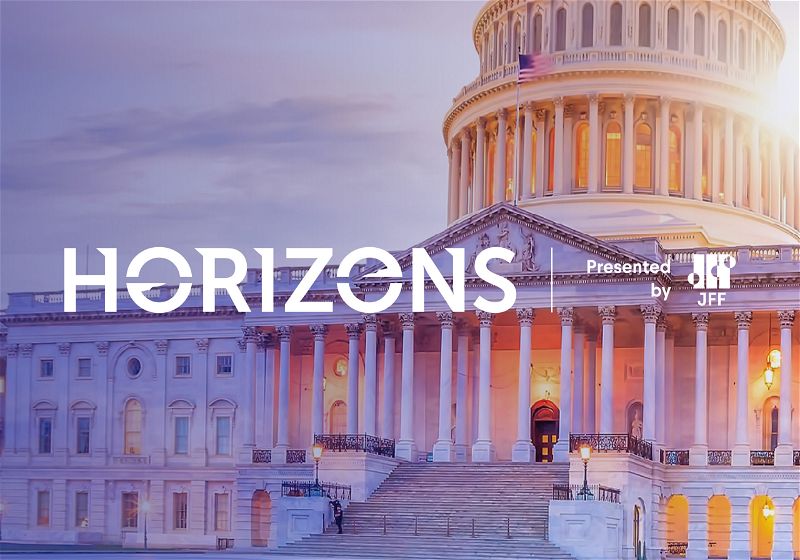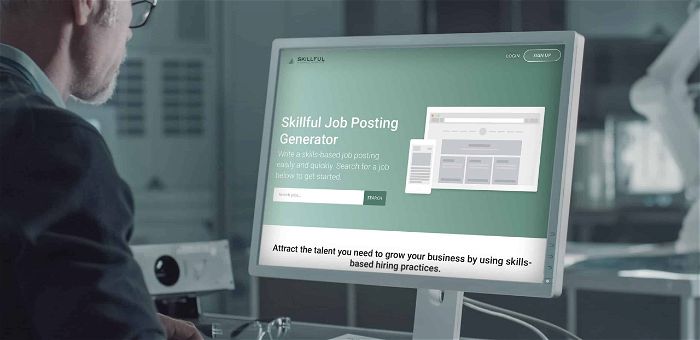
Building a future that works—for everyone.
Equitable Economic Advancement for All
Millions of people are unfairly shut out of quality jobs and the chance for a better life. To eliminate barriers to economic advancement, we must fix our education and workforce systems to make them more equitable, better connected, and easier to navigate.
Our North Star: In 10 years, 75 million people facing systemic barriers to advancement will work in quality jobs.
Reimagine. Rebuild. Together.

For more than 40 years, Jobs for the Future has partnered with organizations like yours to design solutions, scale best practices, influence policy and action, and invest in innovations.
We aim to create learner and worker opportunity, strengthen education and career navigation, ensure program quality and efficacy, integrate learning and work, and build strong regional economies.
Together, we are reimagining what’s possible—leading public, private, and nonprofit sector changemakers to new ideas, promising innovations, and equitable ways to help millions more people advance.
Events

July 22-23, 2024 – Washington, DC
Horizons Summit 2024: The Power of Us
Join leading thinkers and innovators at our premier national summit, where we explore without limits to find innovative practices and scalable solutions to transform our education and workforce systems.

April 14 – April 17, 2024, San Diego, CA
ASU+GSV
This year, we’re back at ASU+GSV in San Diego, and can’t wait to see you there. You’ll hear from JFF leaders, meet and greet innovators and experts across workforce and education.
Recent News

A worker dies every 96 minutes from a job-related injury. Here’s how to fix it:

Hiring For Potential, Not Credential

Jobs for the Future’s new $50M fund looks to invest in underrepresented founders

Skilled Trades Drawing Gen Z’s Interest

JFF Supports WIOA Consideration, Urges Continued Refinement






